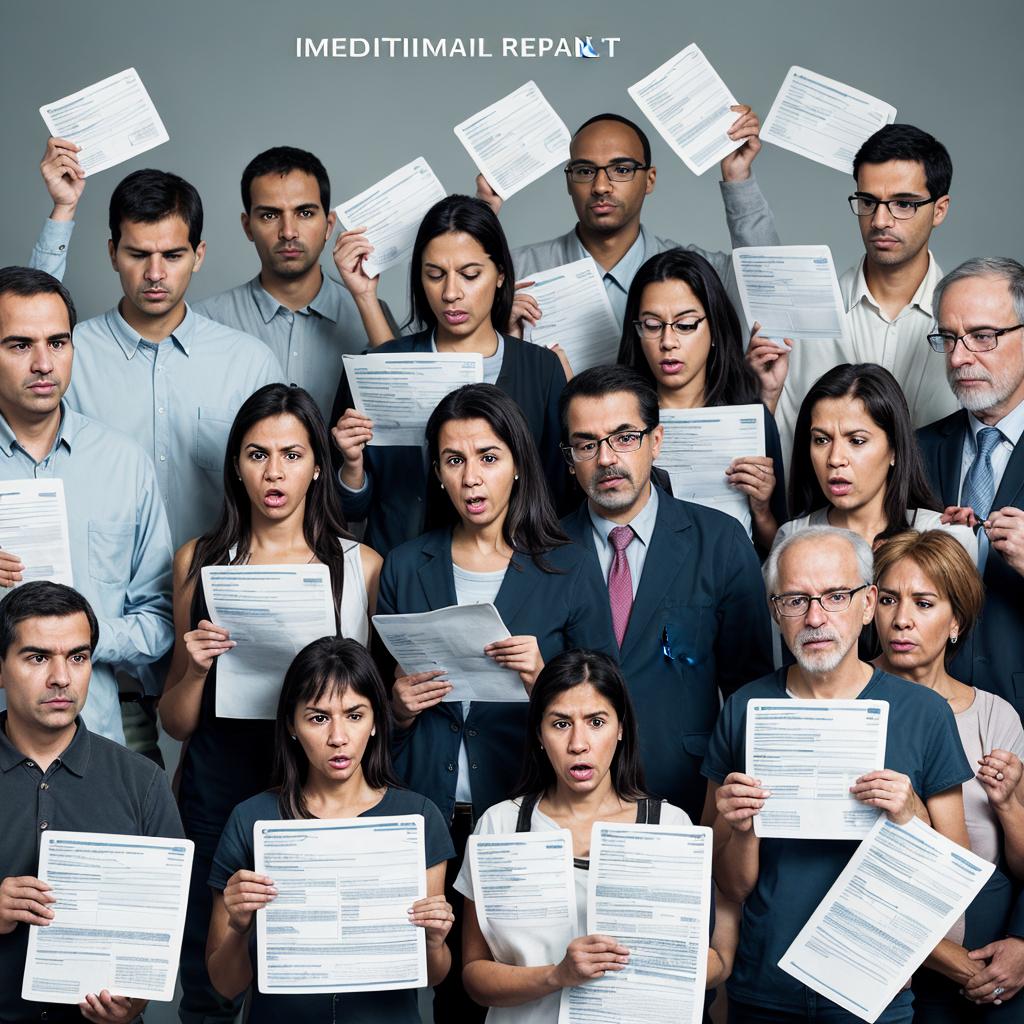Why Do You Need These Documents for Medicaid Application?

Are you wondering why these documents are necessary when applying for Medicaid?
Well, let’s shed some light on the importance of gathering proof of income, identification documents, residency verification, medical records, and financial statements.
These essential pieces of information play a critical role in ensuring that you receive the necessary healthcare coverage.
So, let’s dive in and understand why these documents are vital in the Medicaid application process.
Key Takeaways
- Proof of income is an essential requirement for Medicaid application and determines eligibility for the program.
- Identification documents such as birth certificates, passports, and driver’s licenses are crucial for verifying identity.
- Residency verification is required to confirm eligibility, and documents like utility bills, rental agreements, or driver’s licenses can be used.
- Medical records are essential for assessing health status, establishing eligibility based on medical criteria, and ensuring continuity of care.
Proof of Income
To apply for Medicaid, you need to provide proof of your income. This is an essential requirement as it helps determine your eligibility for the program. Medicaid is a government-sponsored healthcare program that provides medical coverage to individuals with limited income and resources.
When applying for Medicaid, you must demonstrate your income level to ensure that you meet the income criteria set by the program. Proof of income can be provided through various documents, such as pay stubs, tax returns, and bank statements. These documents serve as evidence of your earnings and help establish your financial situation. It’s crucial to submit accurate and up-to-date information to avoid any delays or complications in the application process.
The purpose of requiring proof of income is to assess your eligibility for Medicaid benefits. The program is designed to assist individuals and families who’ve limited income and can’t afford private health insurance. By verifying your income, the program can determine if you meet the income guidelines and qualify for Medicaid coverage.
Identification Documents
When applying for Medicaid, you’ll need to provide identification documents as part of the application process. These documents are crucial in verifying your identity and ensuring that you meet the eligibility requirements for Medicaid coverage. The specific identification documents required may vary depending on your state, but generally, you’ll need to provide proof of your age, citizenship or immigration status, and identity.
To prove your age, you may need to submit a birth certificate, passport, or driver’s license. These documents serve as evidence of your date of birth, which is important for determining your eligibility for Medicaid based on age.
In terms of citizenship or immigration status, you may be required to provide a Social Security card, green card, naturalization certificate, or other relevant documents. These documents establish your legal status in the United States and are necessary to confirm your eligibility for Medicaid benefits.
Lastly, you’ll need to provide an identification document, such as a driver’s license or state ID card. This document confirms your identity and helps prevent fraudulent applications.
It’s important to gather these identification documents before starting the Medicaid application process to ensure a smooth and efficient application. Failing to provide the required identification documents may result in delays or even denial of Medicaid coverage. Therefore, it’s crucial to carefully review your state’s specific requirements and gather the necessary identification documents to complete your Medicaid application successfully.
Residency Verification
You must provide proof of residency as part of your Medicaid application. Residency verification is an important step in the application process to ensure that you meet the eligibility requirements for Medicaid. To verify your residency, you’ll need to provide documents that demonstrate your current address. This can include utility bills, rental agreements, mortgage statements, or a driver’s license with your current address. It’s crucial to provide accurate and up-to-date documentation to avoid any delays or complications in the application process.
The purpose of residency verification is to confirm that you’re a resident of the state where you’re applying for Medicaid. Each state has its own specific requirements for residency, so it’s essential to familiarize yourself with your state’s guidelines. Providing proper residency documentation helps prevent fraudulent claims and ensures that Medicaid benefits are provided to those who genuinely meet the eligibility criteria.
Once you have successfully verified your residency, the next step in the Medicaid application process is to gather your medical records. These records are necessary to assess your current health status and determine the level of care you may require.
Medical Records
Gather your medical records regularly to ensure a smooth Medicaid application process. Your medical records are an essential part of your application as they provide evidence of your medical condition and the need for Medicaid assistance. Here are three reasons why you need to gather and submit your medical records:
- Proof of Eligibility: Medicaid requires documentation to verify your eligibility for benefits. Your medical records help establish your medical condition, the treatments you have received, and the ongoing care you require. This information is crucial in determining whether you meet the medical criteria for Medicaid coverage.
- Medical History: Your medical records provide a comprehensive history of your health, including previous diagnoses, medications, and surgeries. This information helps Medicaid evaluate the extent of your medical needs and make informed decisions about your eligibility and coverage.
- Continuity of Care: Medicaid aims to ensure that individuals receive the necessary healthcare services. By submitting your medical records, you provide a detailed account of your medical history, enabling Medicaid to understand your current healthcare needs and ensure continuity of care.
Financial Statements
To ensure a smooth Medicaid application process, it’s essential to provide accurate and up-to-date financial statements. These statements are crucial in determining your eligibility for Medicaid benefits.
Medicaid is a need-based program, which means your financial situation plays a significant role in the approval process. When it comes to financial statements, you’ll typically need to provide documents such as bank statements, tax returns, and pay stubs. These documents help verify your income, assets, and expenses.
Medicaid looks at your income to assess whether you fall within the income limits set for eligibility. Your assets, including bank accounts, investments, and property, are also taken into consideration to determine your financial resources.
The financial statements you provide should be recent and accurately reflect your current financial situation. It’s important to include all income sources and provide complete documentation to avoid any delays or complications in the application process. Medicaid may also require additional documentation, such as proof of medical expenses or long-term care costs.
Frequently Asked Questions
How Long Does It Typically Take to Gather and Submit All the Necessary Proof of Income Documents for a Medicaid Application?
It typically takes a few weeks to gather and submit all the necessary proof of income documents for a Medicaid application. This process involves collecting pay stubs, tax returns, and other financial records.
Are There Any Specific Identification Documents That Are Required for Both the Applicant and Their Spouse, if Applicable?
To apply for Medicaid, you and your spouse, if applicable, will need specific identification documents. These documents verify your identity and eligibility for the program.
Is There a Specific Timeframe Within Which Residency Verification Documents Must Be Dated in Order to Be Considered Valid for a Medicaid Application?
To ensure the validity of your Medicaid application, residency verification documents must be dated within a specific timeframe. This requirement helps confirm your current residency status and eligibility for the program.
Can an Applicant Use Copies of Medical Records They Already Have, or Are Original Documents Required for the Medicaid Application?
You can use copies of medical records you already have for the Medicaid application. Original documents are not required. Make sure the copies are legible and contain all the necessary information.
Are There Any Specific Financial Statements That Must Be Included With the Medicaid Application, or Are General Bank Statements Sufficient?
You’ll need specific financial statements for your Medicaid application. General bank statements won’t cut it. The documents required will vary depending on your situation, so it’s best to check with your local Medicaid office for the exact requirements.



